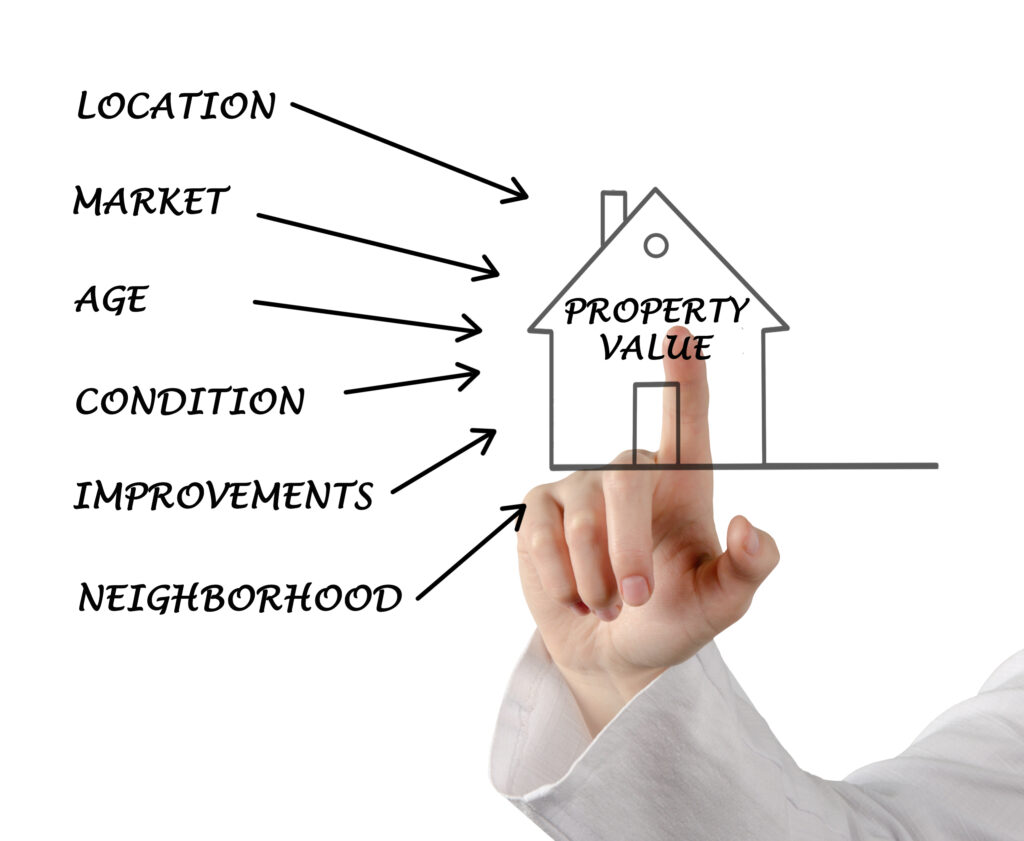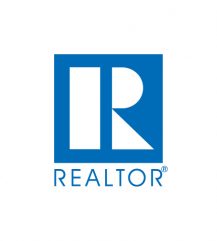
You see a home on Zillow or the like (we’ll call them portals from here on out) and inquire about its availability with us…and it’s not for sale. You’re looking to sell your home and you LOVE the Zestimate (I don’t need to talk to anyone to find out how much my home is worth; squeeee! And even better my home magically increased in value by $50K in the last two weeks according to Zillow; double squeeee!), yet the number is completely wrong when you talk to a REALTOR®?.
Why?
Let’s start with the availability of homes part. The dirty secret about online real estate is that it’s built upon you being a lead. For that reason there is a war being fought between portals like Zillow and local real estate brokerages for your name, number, and email address with some brokerages withholding their listings from portals with the hope of you browsing a local real estate brokerage’s website and inquiring with them directly instead. As the Seller, you are caught in the middle of an online bruhaha that has led to the mess that is the online real estate world which is inaccurate and untrustworthy with no online entity truly in your corner. For this reason, portals don’t care about their data being accurate; they are an advertising website, not a real estate website so there’s no incentive for them to make sure that a home that sold six months ago is changed from active to sold on their website. They just care about getting your contact information.
Now that you know that the baseline of portals is garbage, let’s move on to estimates of home value. First of all, Zillow itself calls it a “Zestimate,” as in estimate. Zillow has a helpful chart which can be seen below showing that in the Seattle area the Zestimates are off by 9.8% on average. That means on a $500,000 home the Zestimate could say it’s worth either $450,000 or $550,000. That’s a $100K swing in price. Even the CEO of Zillow says they aren’t meant to be used as fact (see below for the article). Instead, he says it’s a starting point for a pricing discussion. If it’s not even close to accurate, why are you taking these estimates as gospel? Wouldn’t it be called a “Zaccurate” if it was accurate?
So why they aren’t accurate and what are these Zestimates based on?
- In Whatcom County, most of their data comes from public data derived from the county, city, and state. The problem with this data is that it is out of date, to begin with. Anyone who has lived in Whatcom County for any length of time knows that the data is often inaccurate and this, in part, is what Zestimates are based on.
- The portals do not have access to sold home prices – en masse – which adds another layer of inaccuracy to the mess.
- The portals then apply an algorithm – a computer program – to these disparate incorrect pieces of data to derive an estimate of value.
How can an accurate price be determined for a home when the data it is based on is out of date and incorrect? It can’t.
So how should the value of a home be determined if you want it to be accurate?
- Sold home data – hard dollars spent – in a recent time period on homes that compare to each other is the most important way to determine the current market value of your home. Appraisers only use comps that have sold within the last three months which have a similar number of bedrooms, baths, square footage, and features and are located within a 1-mile radius of the subject property. This is the reason why the beautiful new construction 3 bedroom single family home that sold a year ago on your street doesn’t help the value of your 100-year-old 2 bedroom four-flat condo. Only real estate professionals and appraisers have access to this sold data; portals do not.
- The condition of your home is a factor. All things being equal, an updated home will be of more value than an identical home in bedroom, bath, and square footage count no matter how much you love your “charming!” 50-year-old kitchen and asbestos filled basement.
- Whether a neighborhood is appreciating or depreciating in value will affect the price of your home.
- Often a seller’s perceived value of their home and the actual market price are very different numbers. You might be willing to overlook that your home has no AC and that the third bedroom is the size of a storage closet because you think the home has a ton of character which makes it worth the same as a home with Central AC and three large bedrooms, but these issues affect the price whether a seller wants to admit it or not. This is why determining the fair market value of a home is a mixture of art and NWMLS data. Our jobs as a REALTORS® is to help you determine where the actual market price of your home is based on the accurate information we have at my disposal, not the perceived price based on your emotions.
So, in lieu of talking to us or any other REALTORS®, where can you go for accurate information?
- We will send you a link, to my system that is accurate, and two apps HomeSpotter & HomeSnap which are integrated with it. See a house on Zillow, Trulia, etc. that you like? Look it up on my App or NWMLS to be sure it’s actually available. Our sites are updated constantly. Zillow’s website sometimes has information on it which is 6 months old. In a fast moving market, this could make or break your buying experience – specifically how much time you waste online.
- You’ll need to find every home in your general area (remember that 1 mile radius) and neighborhood which matches your home’s bedroom, bath, square footage, parking, etc. which has sold in the last three months since that is the time frame appraisers use. Then you need to go inside of them (or find recent photos of the interior) to make sure they match your home in terms of quality, condition and finishes to determine a somewhat accurate value. Or you can pay for an appraisal every year until you’re ready to sell. Or we can generate an MLS report of sold homes in your neighborhood for you whenever you’d like, which is free. One tip we do recommend for sellers is to claim your home on Zillow so you can make the data as accurate as possible.
The bottom line for these and other websites is this: They are nothing but advertising sites meant to monetize your eyeballs. Next time you log-on to a portal such as Zillow and Trulia, look for an ad for a bank, or three-plus agents (who pay to make it look like it is their listing which it isn’t), or a mortgage person or any of the myriad of advertising partners these companies have. Every time you look up a home as a buyer, or try to ascertain value of a home as a seller you’re selling an ad for these people and companies to the tune of multiple millions of dollars every year. They aren’t in the business of accuracy, only your eyes on an ad. Want accuracy? Want to know the market value of your home? Tired of wasting your time online? Give us a shout.
Questions? Contact us at andi@andidyer(dot)com or 360-734-6479.
This content is not the product of the National Association of REALTORS®, and may not reflect NAR’s viewpoint or position on these topics and NAR does not verify the accuracy of the content.




Leave a Reply